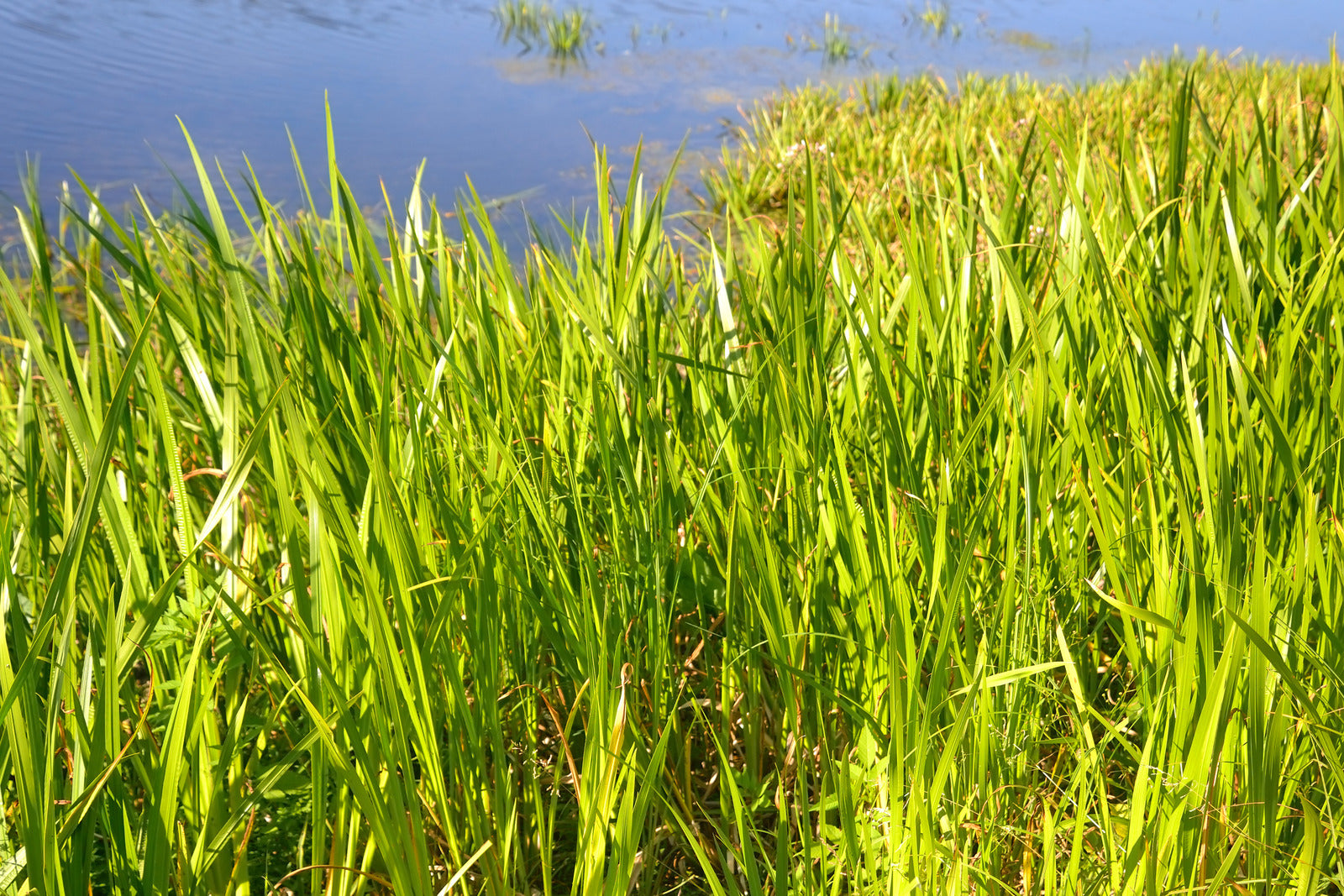CAREX VULPINOIDEA / FOX SEDGE
- Regular price
-
$15.95 CAD - Regular price
-
- Sale price
-
$15.95 CAD
Couldn't load pickup availability
Delivery Fees
Convenient Delivery to Your Doorstep, Minimum Order $100 and it's on us!
Orders less than $100 will be subject to a $15.00 delivery fee.
CAREX VULPINOIDEA / FOX SEDGE
A Robust, Moisture-Loving Sedge with Graceful Foliage
Carex vulpinoidea, commonly known as Fox Sedge, is a perennial grass that thrives in moist to wet conditions, making it an excellent choice for areas near ponds, streams, or in wetlands. With its narrow, arching leaves and attractive seed heads, Fox Sedge adds both texture and movement to the landscape. Its ability to tolerate wet conditions while providing year-round interest makes it ideal for naturalized gardens, rain gardens, or areas with consistent moisture.
Why Choose Fox Sedge?
-
Moisture Tolerant: Perfect for wet soils or waterlogged areas like pond edges, boggy spots, or stream banks.
-
Graceful Foliage: Features fine-textured, arching leaves that add a soft, flowing appearance to gardens.
-
Low Maintenance: Easy to care for once established, thriving with minimal attention.
-
Attractive Seed Heads: The seed heads provide additional ornamental interest, especially in late spring and early summer.
Key Features
-
Foliage Color: Green, narrow, arching leaves that create a fine-textured groundcover or accent in the landscape.
-
Growth Habit: Clump-forming, typically growing 18–24 inches tall and 18–24 inches wide.
-
Hardiness: Tolerates USDA Zones 4–9, adaptable to a variety of climates.
-
Seed Heads: Delicate, cylindrical seed heads that add seasonal interest and texture to the plant.
Specifications
-
Plant Size: Typically grows 18–24 inches tall and wide.
-
Hardiness: USDA Zones 4–9, ideal for a range of moisture-rich environments.
-
Sunlight: Prefers partial to full shade but can tolerate some sun with adequate moisture.
-
Soil Requirements: Prefers moist, well-drained soil, but can tolerate wet, boggy conditions.
Ideal Uses
-
Wetland Gardens: Excellent for planting along pond edges, streams, or wetland areas.
-
Rain Gardens: Works well in rain gardens where soil moisture fluctuates.
-
Groundcover: Can be used as a low-maintenance groundcover in moist, shaded environments.
-
Wildlife Gardens: Attracts beneficial insects and provides habitat for wildlife in wetland or naturalized landscapes.
Carex vulpinoidea, or Fox Sedge, is a versatile and hardy plant that thrives in wet, moisture-rich environments. With its graceful foliage, attractive seed heads, and low-maintenance care, it’s an excellent choice for wetland gardens, rain gardens, and shaded areas that require a reliable groundcover or accent plant.
NATIVE TO ONTARIO
Care Instructions
Different plants have different watering needs. Check the soil moisture by inserting your finger about an inch into the soil. If it feels dry, water the plant until the water drains from the bottom of the pot. Avoid overwatering, as it can lead to root rot.

CAREX VULPINOIDEA / FOX SEDGE
- Regular price
-
$15.95 CAD - Regular price
-
- Sale price
-
$15.95 CAD


